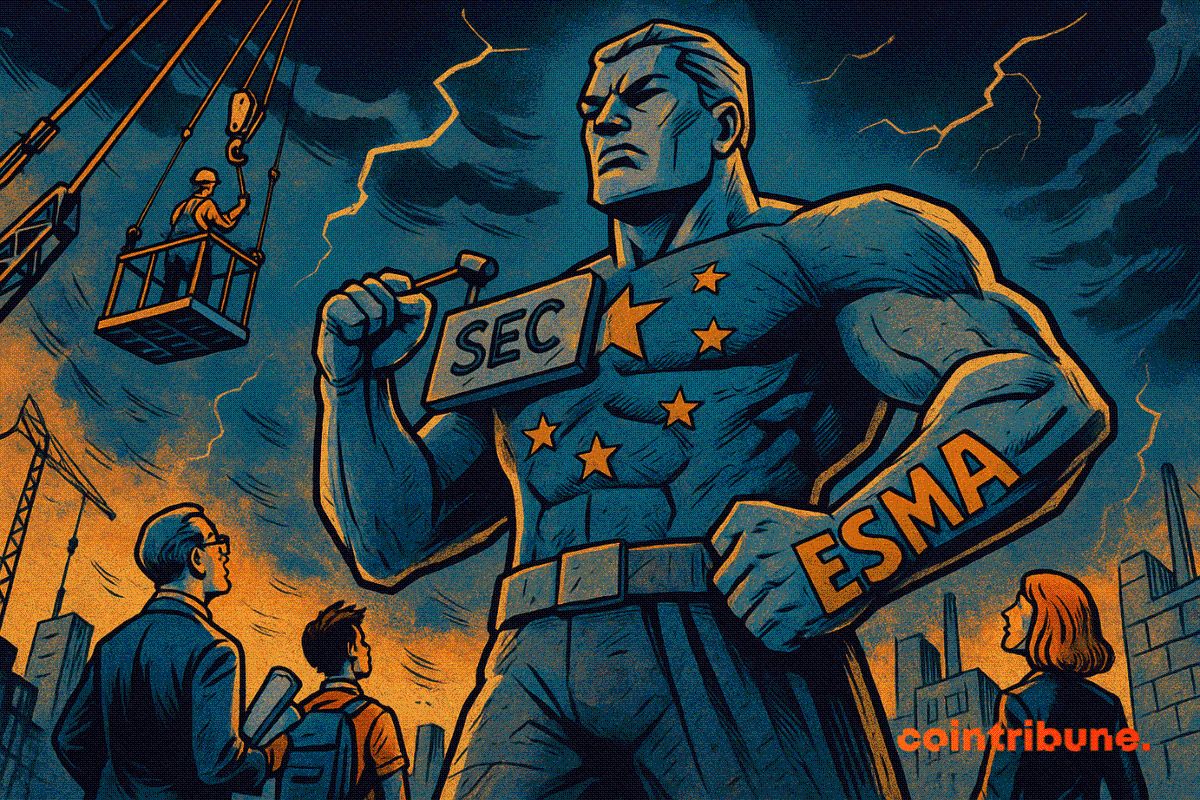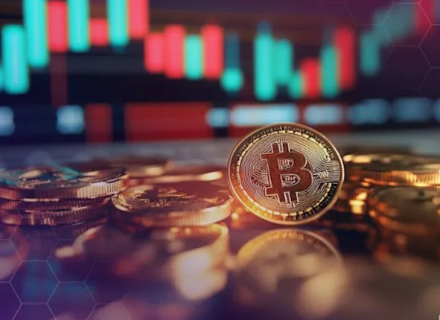The US could recover $2 billion in Bitcoin and create a reserve of 340 BTC.
- US may add 16 BTC to national reserves
- Assets are linked to the former LuBian mining pool
- SBR Program seeks to transform seizures into strategic value
The United States may claim approximately $2 billion in unaccounted Bitcoin tied to the now-defunct LuBian mining pool, even after announcing the largest cryptocurrency seizure in history. According to blockchain researcher Sani, approximately 16.237 BTC, valued at around $1,8 billion, remain active in addresses associated with LuBian.
These addresses—which include wallets containing 13.107 BTC, 2.129 BTC, and 1.000 BTC—are not among the 25 already listed in official US forfeiture records, which document approximately 127.000 BTC seized. The discrepancy may indicate assets still under judicial investigation or belonging to money laundering intermediaries linked to the network.
🚨🚨🚨So far, Lubian has mixed funds across three addresses, revealing an additional 16,237 BTC beyond the ~127,000 BTC listed in the US Government forfeiture documents:
bc1qvrwzs8unvu35kcred2z5ujjef36s5jgf3y6tp8: 13,107 BTC
bc1q42ltpxsc6s8fne0jz474tvuvyq2sqw26ud80xy: 2,129… https://t.co/9G7NQAcBLK
—Sani | TimechainIndex.com (@SaniExp) October 15, 2025
If ownership is confirmed, the total Bitcoin held by the U.S. government could reach 343.000 BTC, equivalent to 1,6% of the entire global supply. This would place the U.S. among the largest Bitcoin holders in the world, behind only Strategy (formerly MicroStrategy), which holds approximately 640.000 BTC in corporate treasury.
The LuBian case also serves as the first major test of the Strategic Bitcoin Reserve (SBR), created by executive order of President Donald Trump in March 2025. The program aims to manage seized digital assets and transform them into strategic reserves under federal custody.
Senator Cynthia Lummis highlighted the importance of the initiative:
"Codifying how seized bitcoin is stored, returned to victims, and safeguarded for future generations. Turning the proceeds of crime into assets that strengthen the United States Strategic Bitcoin Reserve demonstrates how sound policy can transform wrongdoing into lasting national value."
LuBian, which once controlled 6% of global hashing power, collapsed in 2020 after hackers exploited a flaw in its key generation algorithm, stealing more than 127.000 BTC—then valued at $3,5 billion. The company sent hundreds of on-chain messages attempting to negotiate the return of the funds, without success, before disappearing in 2021.
In October 2025, US authorities linked the case to a fraud network associated with the Prince Group, a Cambodian conglomerate led by Chen Zhi, which allegedly used profits from fraudulent investment schemes to fund cryptocurrency mining operations like LuBian.
Disclaimer: The content of this article solely reflects the author's opinion and does not represent the platform in any capacity. This article is not intended to serve as a reference for making investment decisions.
You may also like
Crypto: How Europe Wants to Enforce Its Version of the SEC

Stablecoin : Western Union plans to launch anti-inflation "stable cards"

Mars Morning News | SEC Expected to Issue "Innovation Exemptions" for the Crypto Industry in "About a Month"
The SEC is expected to issue an innovation exemption for the crypto industry. The UK "Digital Assets and Other Property Act" has come into effect. BlackRock's CEO revealed that sovereign wealth funds are buying bitcoin. Bank of America recommends clients allocate to crypto assets. Bitcoin selling pressure is nearing its end. Summary generated by Mars AI. The accuracy and completeness of this summary are still being improved as the Mars AI model continues to iterate.

a16z: Inefficient governance and dormant tokens pose a more severe quantum threat to BTC.
